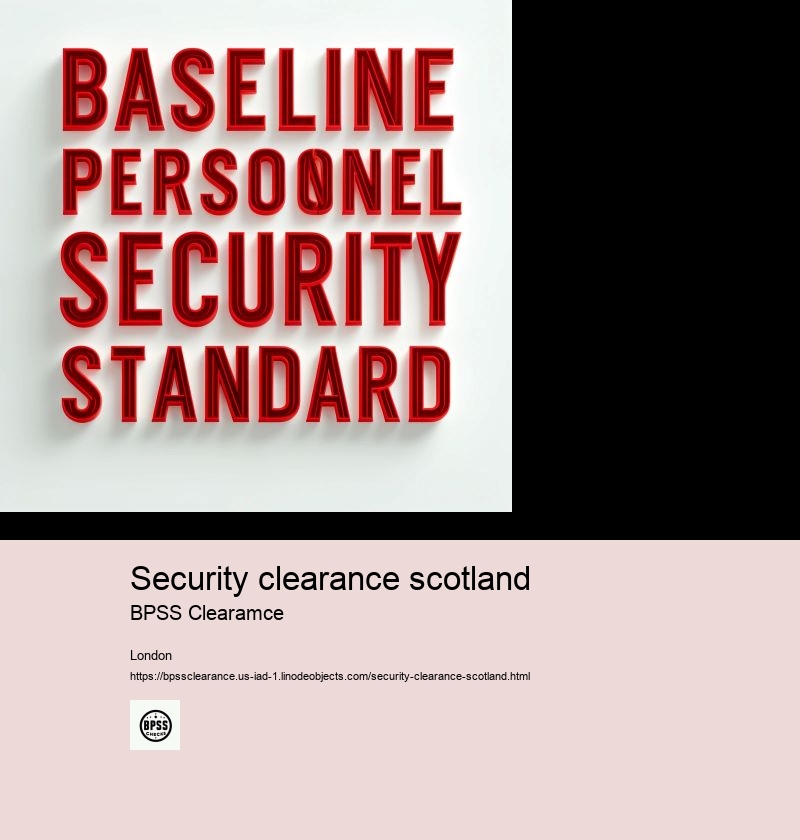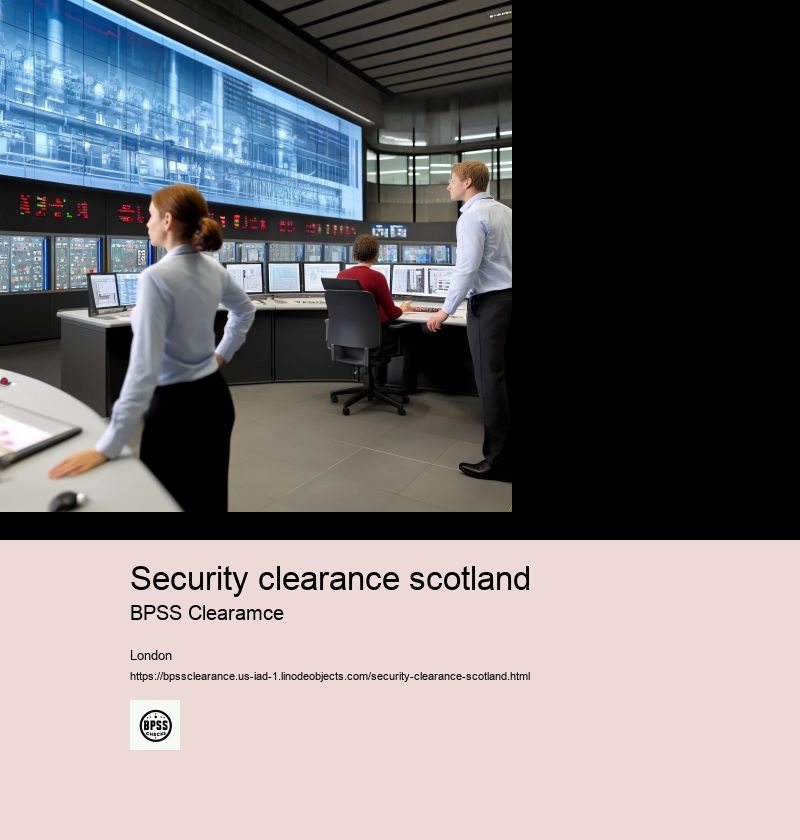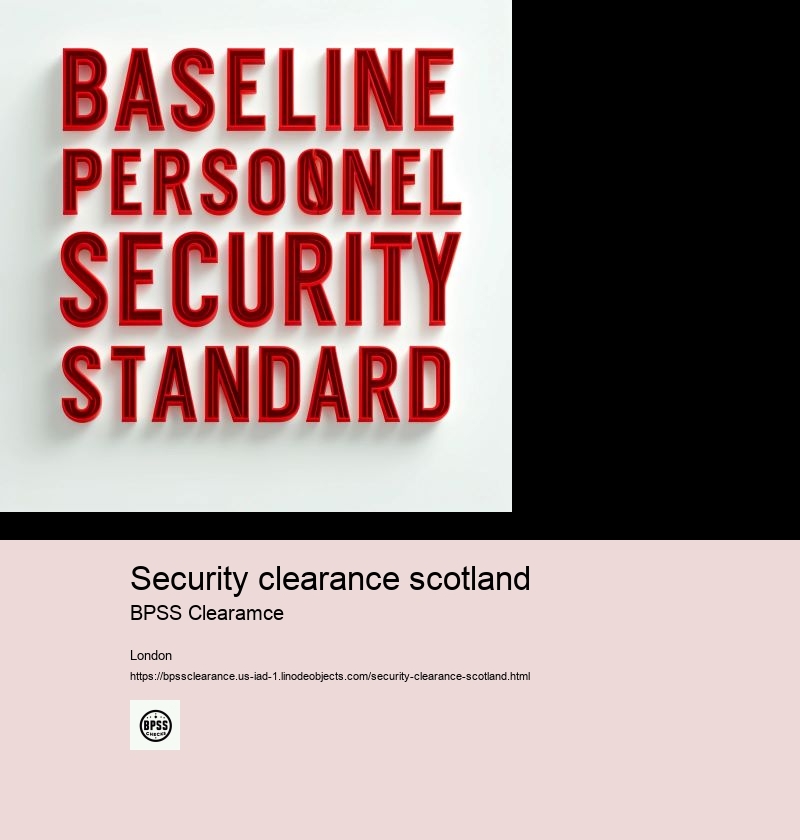security clearance scotland
NHS
Providing evidence of at least three years of employment history is an important requirement for BPSS clearance. HMRC tax records and National Insurance contributions can be used to validate your employment history.
To secure BPSS clearance, it's imperative to provide the necessary documents such as proof of identity, employment history, national and immigration status, details on criminal records, and periods spent abroad. Adhering to these requirements is crucial for successfully obtaining BPSS clearance and gaining access to UK OFFICIAL and SECRET assets. Be sure to thoroughly verify all documents for accuracy and completeness before submitting your application.
When undertaking BPSS clearance, organizations must verify four main components: identity confirmation, employment history, criminal record, and right to work status. This comprehensive approach ensures that all aspects of an individual's background are scrutinized, providing a holistic view of their suitability for sensitive roles. The thoroughness of BPSS clearance helps prevent any potential security breaches that could arise from incomplete background checks.



